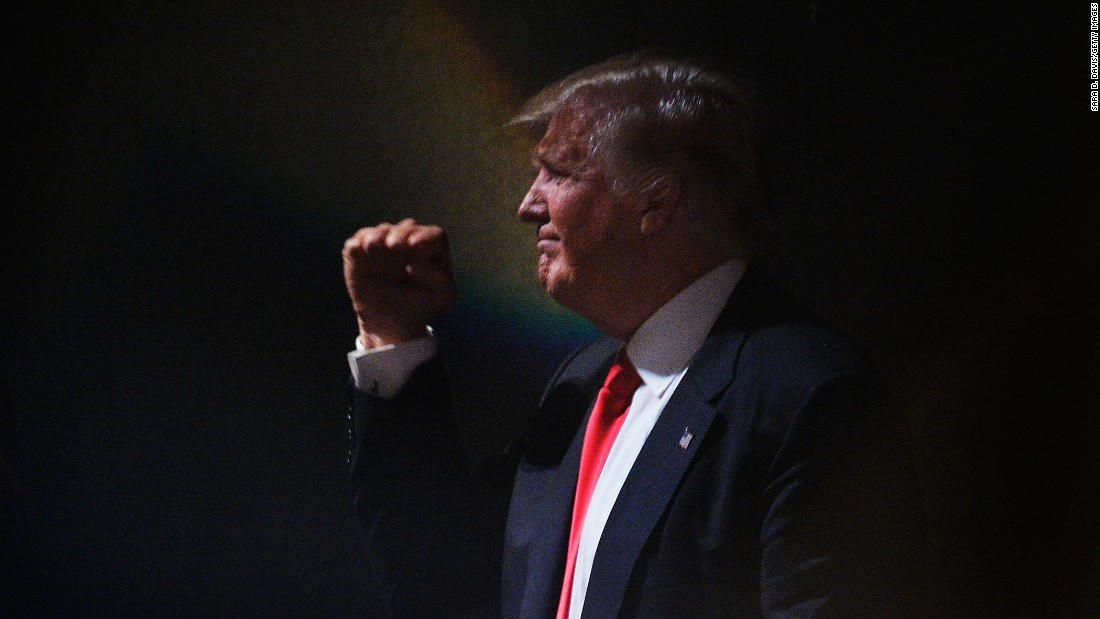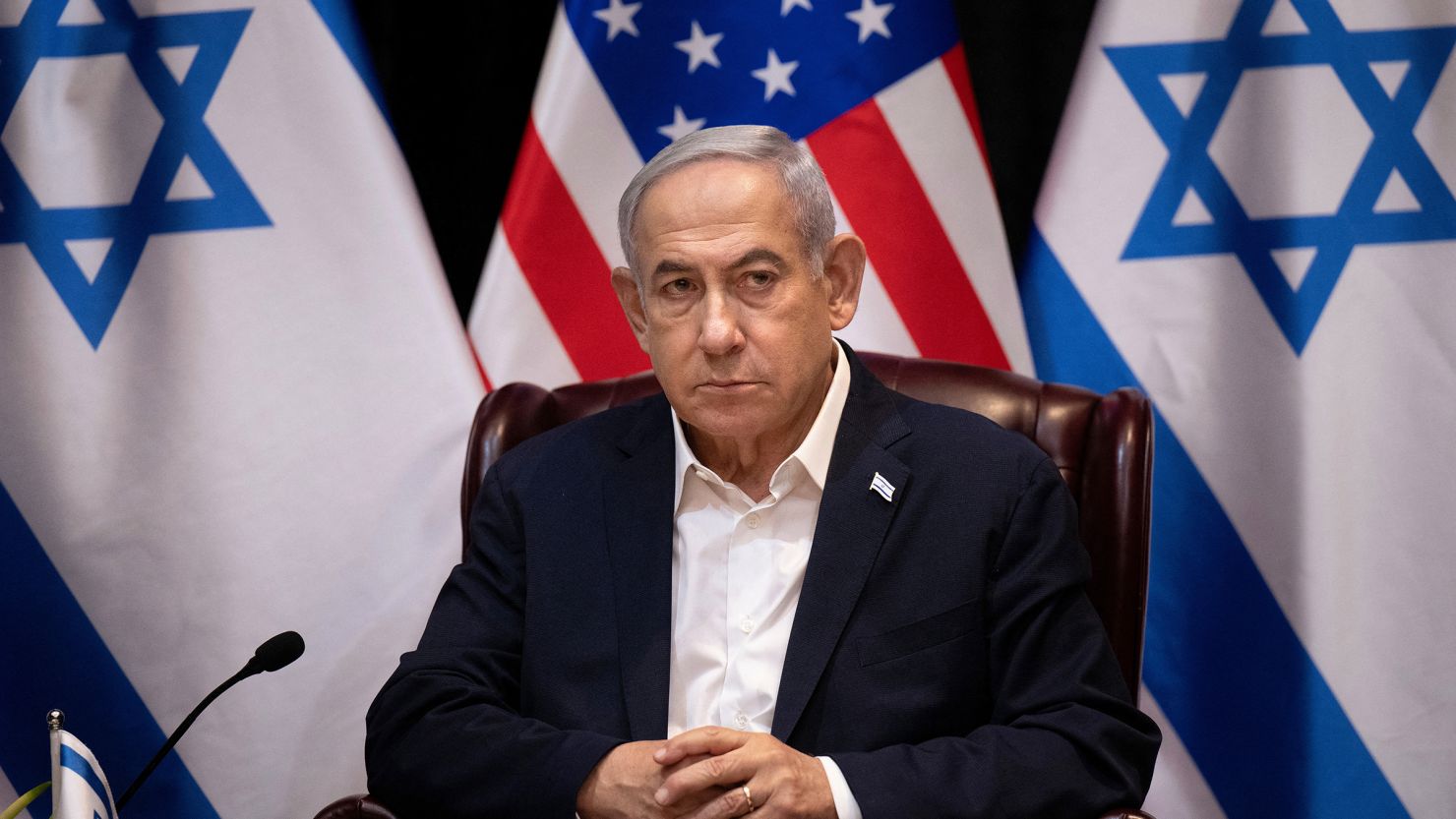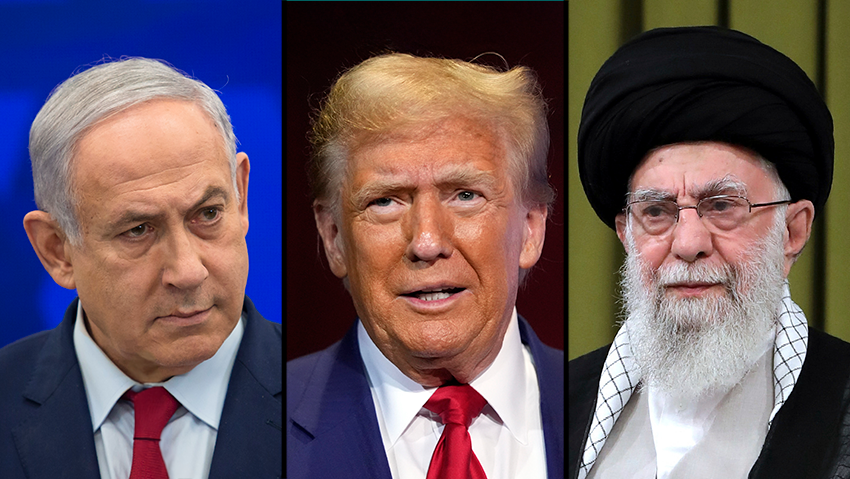Trump's Early Departure from G7 Summit Highlights Escalating Tensions in Middle East

About the People Mentioned
Donald Trump
Donald John Trump, born June 14, 1946, in Queens, New York, is an American businessman, media personality, and politician. He graduated from the University of Pennsylvania’s Wharton School in 1968 with a degree in economics. In 1971, he took over his family’s real estate business, renaming it the Trump Organization, through which he expanded into building and managing skyscrapers, hotels, casinos, and golf courses. Trump gained widespread fame as the host of the reality TV show *The Apprentice* from 2004 to 2015, which helped establish his public persona as a successful entrepreneur. Trump entered politics as a Republican and was elected the 45th president of the United States, serving from 2017 to 2021. His presidency was marked by significant policy actions including tax cuts, deregulation, the appointment of three Supreme Court justices, renegotiation of trade agreements (notably replacing NAFTA with the USMCA), and a focus on immigration control including border wall expansion. He withdrew the U.S. from international agreements such as the Paris Climate Accord and the Iran nuclear deal, and engaged in a trade war with China. His administration’s response to the COVID-19 pandemic was criticized for downplaying the virus’s severity. Trump was impeached twice by the House of Representatives—first in 2019 for abuse of power and obstruction, and again in 2021 for incitement of insurrection—but was acquitted by the Senate both times. After losing the 2020 election to Joe Biden, Trump challenged the results, culminating in the January 6, 2021, Capitol riot. He remains a central figure in American politics, having won the 2024 presidential election and returned as the 47th president in 2025, continuing to promote policies aimed at economic growth, border security, and military strength[1][2][3][4].
About the Organizations Mentioned
Group of 7
## Overview The Group of Seven (G7) is an informal forum of the world’s leading industrialized democracies: Canada, France, Germany, Italy, Japan, the United Kingdom, and the United States[1][3][6]. The European Union also participates in the group, represented by the presidents of the European Council and the European Commission, though it does not hold the rotating presidency[1][2]. The G7 is not a formal institution with a charter or permanent secretariat, but rather a high-level platform for coordinating economic policy and addressing pressing global issues[2][6]. ## History The G7 was established in 1975 in response to the 1973 oil crisis, initially as the Group of Six (G6) to tackle inflation, recession, and energy security[1][2][4]. Canada joined in 1976, and the European Economic Community (now the EU) was added as a participant in 1977, though not as a full member[1][2]. The group expanded to the G8 with Russia’s inclusion in 1997, but Russia’s membership was suspended indefinitely in 2014 after its annexation of Crimea, reverting the group to the G7[1][3]. ## Key Achievements Over the decades, the G7 has evolved from focusing on macroeconomic coordination to addressing a broader range of global challenges. It has launched major initiatives such as debt relief for heavily indebted poor countries, contributed to the containment of the Chernobyl nuclear disaster, and established the Financial Stability Forum to manage international monetary systems[4]. The group has also played a pivotal role in shaping global responses to climate change, terrorism, human rights, and emerging technologies[5]. The creation of the G20 in 1999, which includes both G7 members and major emerging economies, was partly a G7 initiative to broaden global economic governance[4]. ## Current Status and Notable Aspects The G7 continue


















